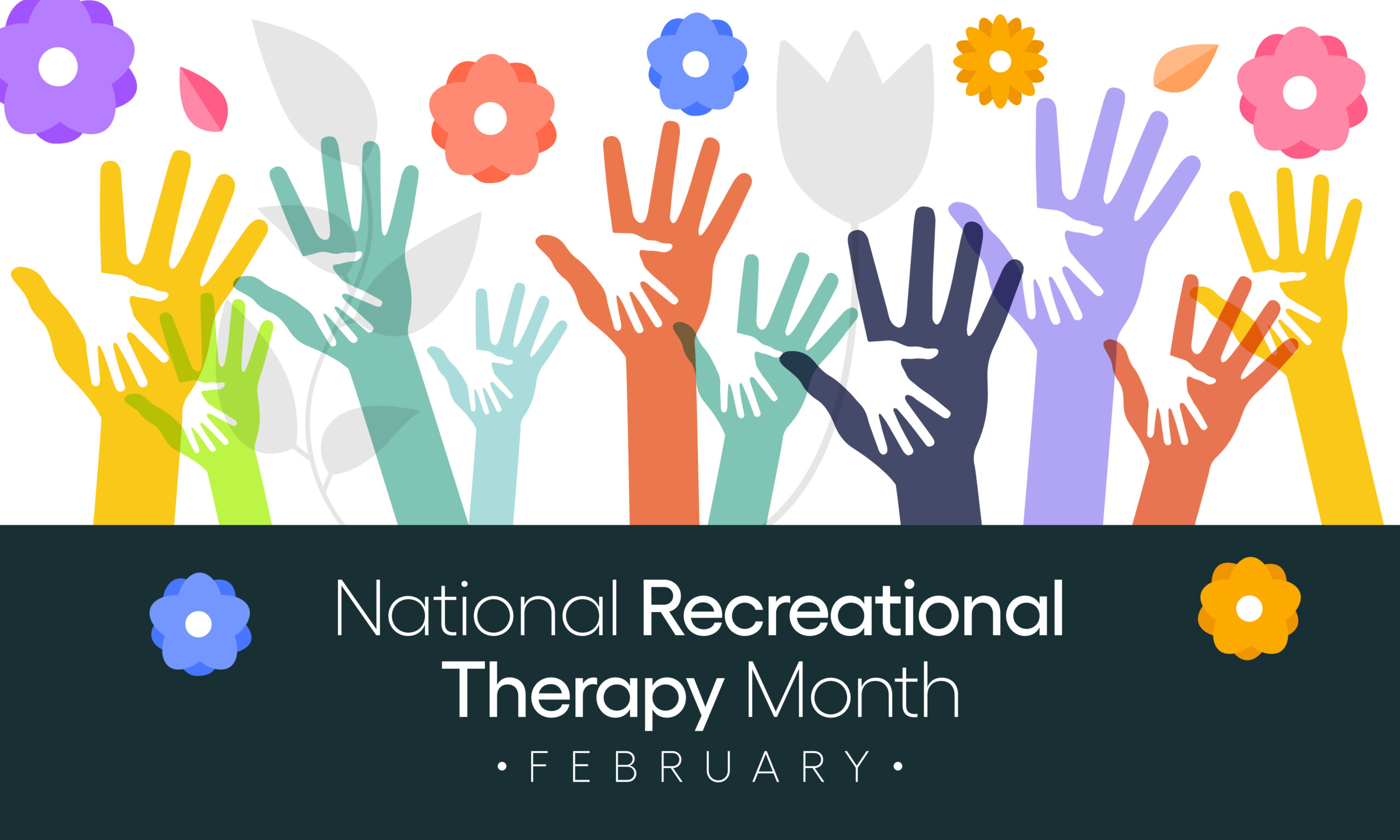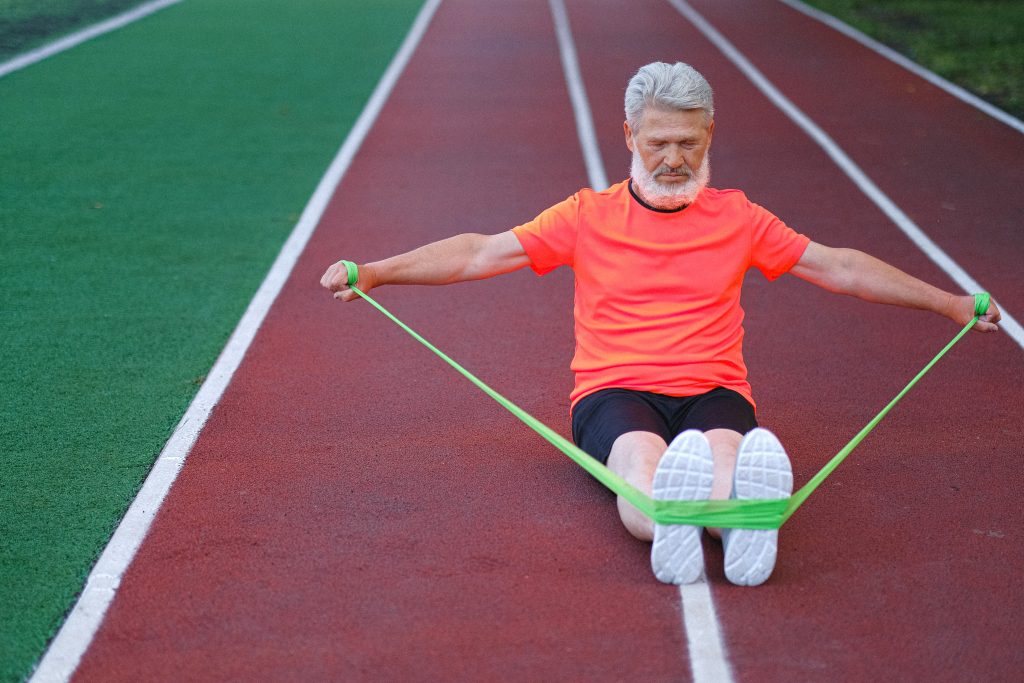

February is observed as International Recreational Therapy Month. Also known as therapeutic recreation, recreational therapy incorporates a definition of health that goes beyond the “absence of illness.” It includes efforts to enrich physical, social, emotional, cognitive, and spiritual functioning as well.
Recreational therapists are integral members of the health care team. They use sports, games, crafts, animals, and other fun activities to help individuals experiencing injury, illness, or disability participate fully and independently in daily living routines. It also enables them to be more involved in their community. Ultimately, this leads to a greater quality of life.
And there’s a ton of research showing that people who live active, satisfying lifestyles are happier and healthier. Here are 44 ways being active makes you happier. The ways being active makes you healthier are well-known. For one thing, it can lower your blood pressure and improve your cholesterol levels, which reduces your risk of heart disease and stroke.
While the treatment tools employed by recreational therapists include enjoyable activities, recreational therapy isn’t all fun and games. The activities chosen are specifically targeted to the patient’s injury, illness, or disability. By teaching patients to participate in the chosen leisure activities, they learn to live fully with their condition, and be more social.
In essence, recreational therapists help their patients develop the skills, knowledge, and behaviors for living and community involvement, which improves quality of life.
After consulting with a patient, the recreational therapist develops a treatment plan based on where patients are in their care, their abilities and disabilities, and their interests. The therapist will chose activities that address functional skills for recovery and maximize skill development. The goal-oriented activities chosen can range from dancing to wheelchair sports, horseback riding to bowling, and others.
Once patients master those functional skills in the therapy setting, they can be transferred into real-life situations. When patients are ready to return to leisure interests, recreational therapy has addressed the changes in their lives resulting from their illness and helped them find new ways to enjoy life that also positively impacts the recovery process.
Recreational therapists work in a variety of settings. These include acute care hospitals, pediatric hospitals, inpatient and outpatient physical rehabilitation centers, inpatient and outpatient mental health centers, skilled nursing and assisted living facilities, and adult day centers. They also provide services for park and recreation programs, sports programs, and school systems.
In most states, recreational therapy is provided by Certified Therapeutic Recreation Specialists (CTRSs). CTRSs are certified through the National Council for Therapeutic Recreation Certification (NCTRC). Some states also require licensure for recreational therapists to work in their state.
To become a CTRS, you must have a Bachelor’s degree or higher from an accredited university and complete a formal clinical internship. You must also pass a national certification exam. Most academic programs in therapeutic recreation emphasize the physical and behavioral sciences, and include course work in recreation and leisure theory.
The US Department of Labor reports that there are currently more than 19,000 recreational therapists in the United States. Last year, the US Bureau of Labor Statistics projected that the field would grow 8 percent between 2019 and 2029, which is much faster growth than the average for all occupations.
As America ages, the need for recreational therapists is increasing, with more skilled nursing and assisted living facilities, and adult day centers seeking their services. Continued growth is expected in other community facilities as well, such as day care programs for individuals with disabilities.





Leave a Reply